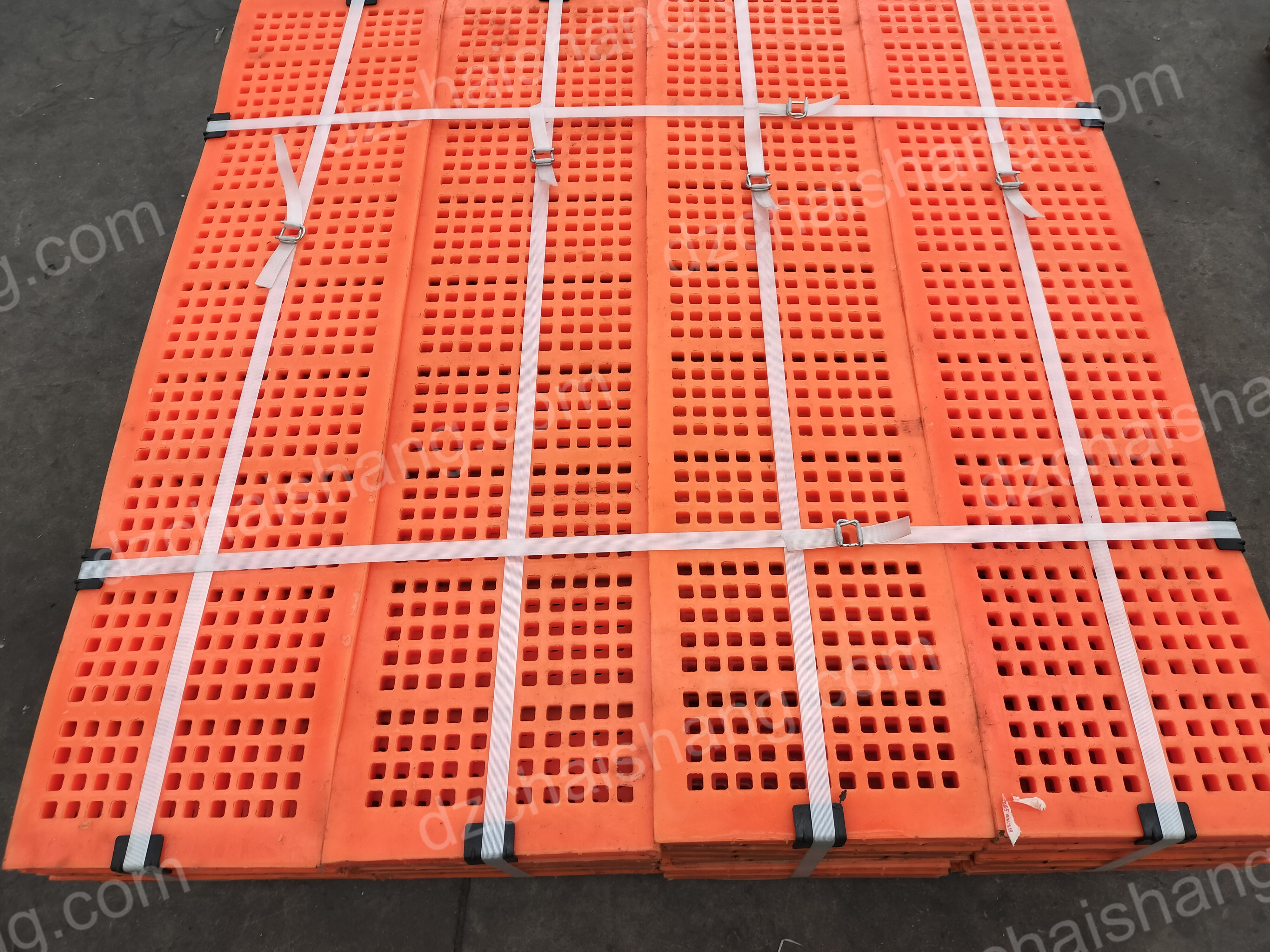- 26
- Mar
Analysis of the performance and use advantages of polyurethane screens and ordinary metal screens
Introduction
Polyurethane screens and ordinary metal screens are commonly used in various industries for screening and separating materials. In this analysis, we will compare the performance and advantages of polyurethane screens and ordinary metal screens.
Comparison of Performance between Polyurethane Screens and Ordinary Metal Screens

Polyurethane screens and ordinary metal screens are two common types of screening materials used in various industries. Both have their own set of advantages and disadvantages, making it important for businesses to carefully consider which option is best suited for their specific needs. In this article, we will analyze the performance and use advantages of polyurethane screens and ordinary metal screens to help businesses make an informed decision.
One of the key differences between polyurethane screens and ordinary metal screens is their durability. Polyurethane screens are known for their high wear resistance, making them ideal for applications where abrasive materials are being processed. In contrast, ordinary metal screens are more prone to wear and tear, especially when exposed to harsh conditions. This difference in durability can have a significant impact on the overall lifespan of the screening material and the maintenance costs associated with it.
Another important factor to consider when comparing polyurethane screens and ordinary metal screens is their flexibility. Polyurethane screens are known for their flexibility, allowing them to conform to the shape of the screening deck and provide a more efficient screening process. On the other hand, ordinary metal screens are rigid and may not be able to adapt to the changing conditions of the screening process. This flexibility of polyurethane screens can result in higher screening efficiency and improved product quality.
In addition to durability and flexibility, another advantage of polyurethane screens over ordinary metal screens is their noise reduction properties. Polyurethane screens are known for their ability to dampen noise levels during the screening process, creating a more comfortable working environment for operators. This can be particularly beneficial in industries where noise levels need to be kept to a minimum, such as in the mining or construction sectors. Ordinary metal screens, on the other hand, may produce more noise during the screening process, which can be a concern for businesses looking to improve their workplace environment.
Furthermore, polyurethane screens are also known for their corrosion resistance properties, making them ideal for applications where exposure to corrosive materials is a concern. Ordinary metal screens, on the other hand, may be more susceptible to corrosion over time, especially when exposed to acidic or alkaline materials. This difference in corrosion resistance can have a significant impact on the overall maintenance costs associated with the screening material and the longevity of the screening equipment.
Overall, when comparing the performance and use advantages of polyurethane screens and ordinary metal screens, it is clear that polyurethane screens offer several key benefits that make them a preferred choice for many industries. From their high wear resistance and flexibility to their noise reduction and corrosion resistance properties, polyurethane screens provide a more efficient and cost-effective screening solution for businesses looking to improve their screening processes. By carefully considering these factors, businesses can make an informed decision on which screening material is best suited for their specific needs.
